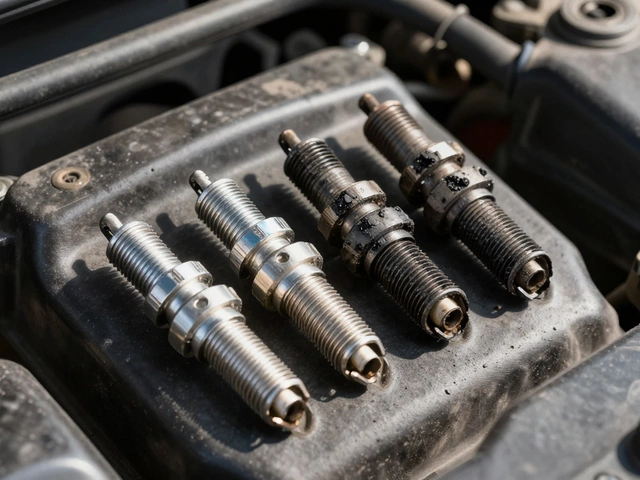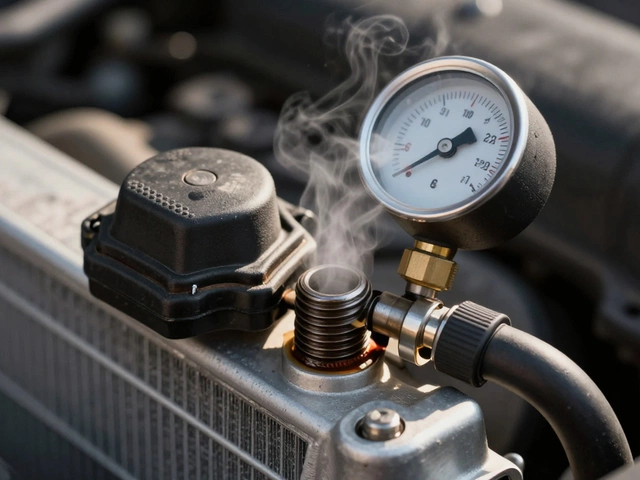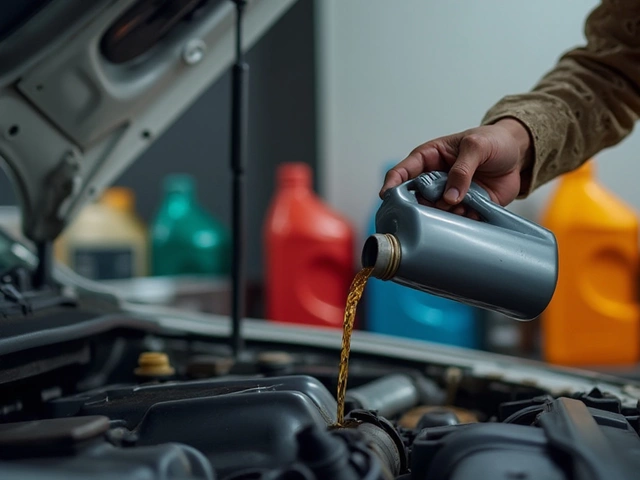Fuel Pump Price: Costs, Factors & Buying Tips
When you start looking at Fuel Pump Price, the total amount you’ll pay for a pump plus installation and any needed accessories. Also known as fuel pump cost, it varies widely based on brand, vehicle make, and where you shop. Knowing the fuel pump price helps you budget before you even step into a store.
Understanding the fuel pump, the device that moves gasoline from the tank to the engine is the first step in making sense of price differences. A high‑flow pump for performance cars often costs more than a standard OEM unit because it uses stronger materials and tighter tolerances. At the same time, the fuel filter, a screen that catches debris before fuel reaches the pump can add to the total job cost if it needs replacement during installation.
Another piece that influences the overall bill is the fuel injector, the nozzle that sprays fuel into the combustion chamber. When a pump fails, the injector may have been stressed, leading mechanics to recommend a full system check. That extra diagnostic step bumps the price but can save you from future breakdowns.
Key Factors That Influence Fuel Pump Price
First, the pump’s type matters: electric pumps, mechanical pumps, and high‑pressure pumps each have distinct designs and price bands. Second, the vehicle model is crucial – luxury or off‑road vehicles often use specialized pumps that are pricier. Third, the source of the part—OEM, aftermarket, or rebuilt—directly changes the cost. OEM parts carry the manufacturer’s badge and usually cost 20‑30% more than comparable aftermarket units.
Labor is the next big chunk. Replacing a pump typically requires dropping the fuel tank, disconnecting fuel lines, and sometimes removing the exhaust or suspension components for access. That means a shop will charge anywhere from $100 to $300 in labor, depending on the shop’s hourly rate and the car’s layout. Some owners opt for a DIY swap, which can shave off labor costs but adds risk if you’re not familiar with fuel safety protocols.
Warranty coverage also plays a role. A pump sold with a 2‑year warranty may cost a bit more upfront, yet it can protect you from a premature failure, effectively lowering the long‑term expense. When you compare prices, look at the warranty length and what it covers – not just the sticker price.
Lastly, geographic location influences price. Shops in big cities often have higher overhead and pass that onto customers, while rural garages may offer lower rates. Online marketplaces can provide lower part prices but you’ll need to factor in shipping and the possibility of paying for a local installer.
All these variables—type, vehicle, source, labor, warranty, and location—form a web of factors that fuel pump price encompasses. Understanding each piece lets you spot a good deal and avoid hidden costs.
In practice, a typical midsize sedan will see a fuel pump price ranging from $150 for a refurbished unit to $400 for a brand‑new OEM part, plus $120‑$250 in labor. High‑performance models can push the part cost above $800, with labor climbing to $400 if extra components need removal.
For anyone planning a replacement, start by checking the vehicle’s service manual for the exact pump specifications. Then gather three quotes: one from an OEM dealer, one from a reputable aftermarket supplier, and one from a local independent shop. Compare the total cost—including any recommended fuel filter or injector checks—to determine the most economical path.
When you’re armed with this knowledge, the next time you see a fuel pump price tag you’ll know exactly why it looks the way it does. Below, you’ll find articles that dig deeper into related topics like fuel system diagnostics, DIY installation tips, and how to keep your entire fuel line healthy without breaking the bank.

Fuel Pump Replacement Cost: What to Expect
Learn the typical price range for replacing a fuel pump, understand parts vs labor costs, compare OEM, aftermarket and remanufactured options, and get tips for DIY or professional service.
CONTINUE READING








